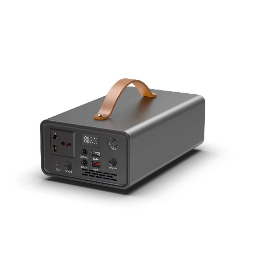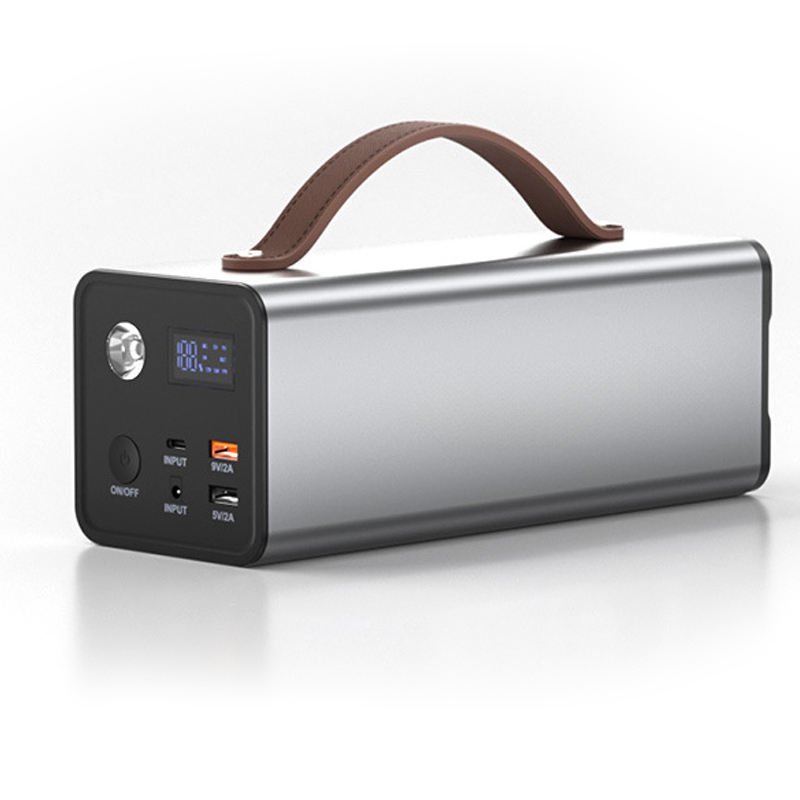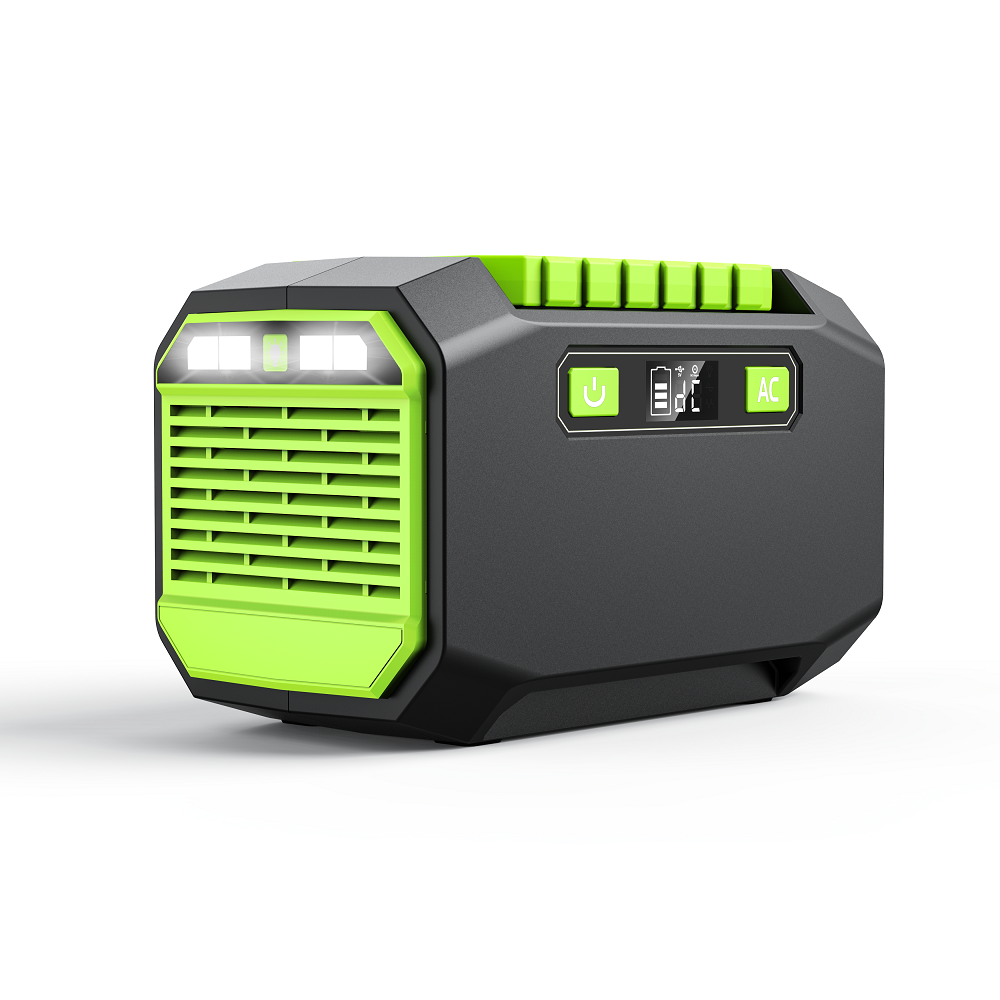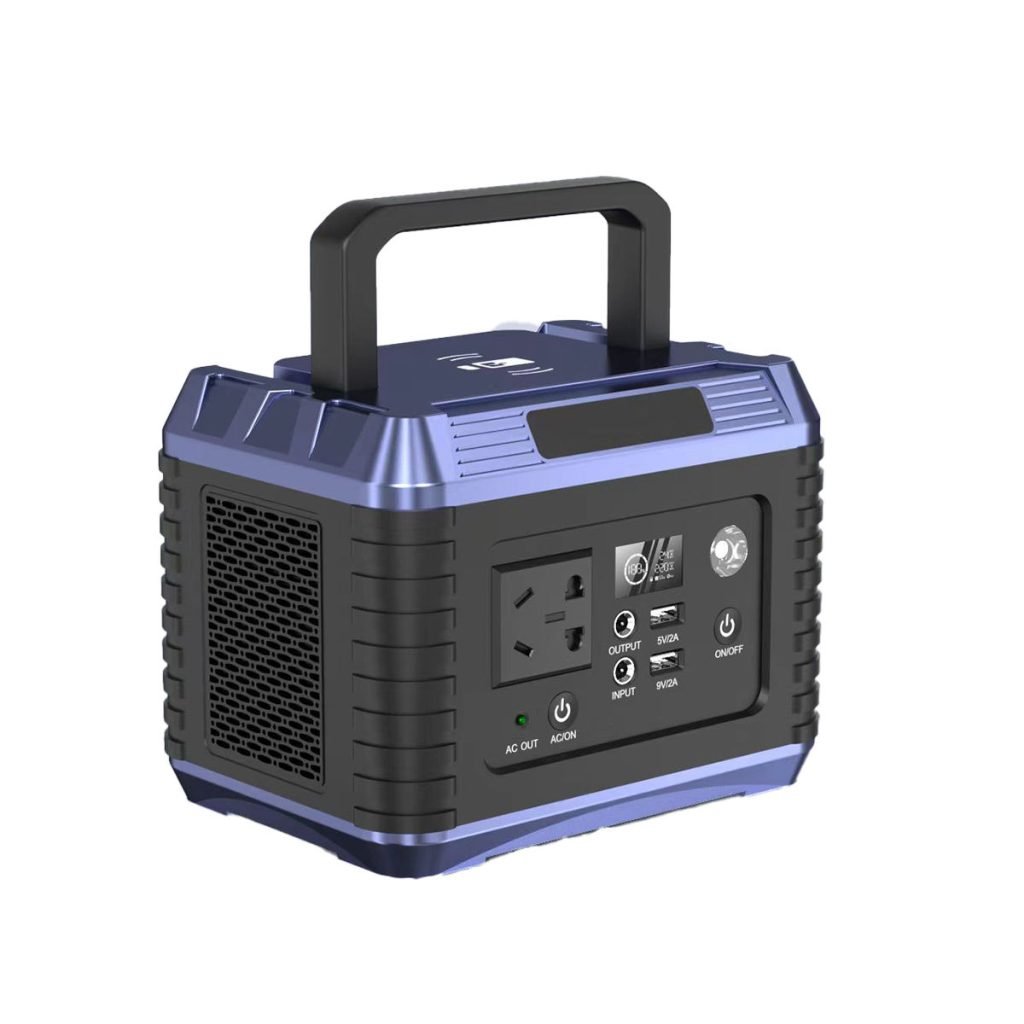Portable power stations are compact, battery-powered devices that provide electricity for various applications, such as camping or emergency backup. They typically offer multiple output ports for charging devices and running small appliances. On the other hand, generators are fuel-powered machines that convert fuel into electricity, suitable for larger power needs like home backup or construction sites.
Understanding the differences between these options is crucial for consumers, as it impacts their choice based on power requirements, portability, noise levels, and maintenance needs. Making an informed decision ensures that individuals select the right solution for their specific use cases, enhancing their overall experience and satisfaction.
Definition of Portable Power Stations
A portable power station is a compact, battery-powered device that stores and supplies electricity for various devices and appliances. These units are ideal for outdoor activities, emergencies, or as a backup power source.
Key Features:
- Battery Capacity: Measured in watt-hours (Wh), this determines how long the power station can run devices before recharging.
- Output Ports: Includes AC outlets, USB, and DC ports, allowing users to charge multiple devices simultaneously.
- Portability: Lightweight design with built-in handles or wheels for easy transport.
- Recharge Options: These can be recharged via AC wall outlets, car chargers, or solar panels.
- Safety Features: Often equipped with protections against overcharging, short-circuiting, and overheating for safe usage.
- Common uses (camping, emergency backup, etc.)
| Category | Devices | Power Requirements | Recommended Power Station Capacity |
|---|---|---|---|
| Small Electronics | Smartphones, tablets, laptops, cameras, drones, GPS devices | Low power consumption (typically under 100W) | Lower-capacity power stations (100Wh to 300Wh) |
| Larger Appliances | Mini-fridges, CPAP machines, portable heaters, microwaves | High power consumption (often 300W+) | Higher-capacity power stations (500Wh to 1000Wh+) |
Definition of Generators
A generator is a mechanical device that converts various energy into electrical energy, typically using mechanical energy derived from internal combustion engines or other prime movers. Generators are essential for providing electrical power when the main supply is unavailable or insufficient, making them crucial for residential and industrial applications.
Here’s a chart summarizing the types of generators, their descriptions, usage, and characteristics:
| Type of Generator | Description | Usage | Characteristics |
|---|---|---|---|
| Conventional | Powered by gasoline, diesel, or propane engines | Backup power, construction sites | Robust, handles larger loads, can be noisy and less efficient |
| Inverter | Converts AC to DC and back to clean AC | Sensitive electronics, camping | Quieter, more fuel-efficient, stable power output |
| Portable | Compact and easy to transport | Outdoor activities, power outages | Limited power output, versatile for various applications |
| Standby | Permanently installed, automatic activation during outages | Homes and businesses | Runs on natural gas or propane, integrated into electrical systems |
| Hydro | Generates power from the kinetic energy of flowing water | Hydroelectric power plants | Renewable, low environmental impact, high efficiency |
| Wind | Converts wind energy into electricity | Wind farms | Environmentally friendly, sustainable, dependent on wind availability |
| Solar | Uses solar panels to convert sunlight into electricity | Off-grid applications, backup power | Clean energy source, effectiveness depends on sunlight availability |
Common Uses of Generators
Here’s a chart summarizing the common uses of different types of generators:
| Common Use | Type of Generator | Specific Applications |
|---|---|---|
| Construction Sites | Conventional, Portable | Power tools, lighting, temporary facilities |
| Home Backup Power | Standby, Portable | Refrigerators, lights, heating/cooling systems |
| Outdoor Activities | Inverter, Portable | Camping, tailgating, RVs, outdoor events |
| Emergency Services | Portable, Standby | Medical equipment, communication devices, emergency lighting |
| Agricultural Applications | Portable, Conventional | Powering irrigation systems, tools, and equipment |
| Events and Festivals | Portable, Inverter | Sound systems, lighting, food vendors |
| Remote Locations | Solar, Portable | Powering cabins, cottages, off-grid homes |
| Commercial Use | Standby, Conventional | Business continuity during power failures |
| Telecommunications | Standby | Keeping communication systems operational during outages |
| Industrial Applications | Conventional, Hydro | Powering large machinery and production lines |
Key Differences
Here’s a chart summarizing the key differences between a portable power station and a generator:
| Key Differences | Portable Power Station | Generator |
|---|---|---|
| Power Source | Battery-powered | Fuel-powered (gas, propane, diesel) |
| Portability | Generally lighter, compact, easy to transport | Heavier, bulkier; requires more effort to move |
| Noise Level | Quiet operation (typically below 50 dB) | Noisy operation (can exceed 60 dB or more) |
| Maintenance | Minimal upkeep (mainly battery care) | Regular maintenance needed (oil changes, filters) |
| Run Time | Limited by battery capacity (hours to days) | Longer run time-based on fuel tank size |
| Output Types | Usually provides AC and DC power options | Primarily AC power; some models offer DC |
Cost Comparison
Here’s a chart comparing the cost aspects of portable power stations and generators:
| Cost Comparison | Portable Power Station | Generator |
|---|---|---|
| Initial Investment | Generally, a higher upfront cost | Typically, lower upfront cost |
| Long-Term Costs | Lower operating costs (no fuel needed) | Ongoing fuel costs, regular maintenance expenses |
| Battery Replacement | It may require battery replacement after several years | There are no battery costs, but maintenance can add up |
| Fuel Costs | None (recharges via AC or solar) | Regular fuel purchases can accumulate |
| Resale Value | It may have a lower resale value | Generally retains higher resale value |
Ideal Use Cases
| Ideal Use Cases | Portable Power Station | Generator |
|---|---|---|
| When to Choose | ||
| Short-term Power Needs | Perfect for camping, tailgating, and picnics | Suitable for temporary construction sites |
| Sensitive Electronics | Ideal for charging laptops, phones, and small devices | Not recommended due to potential power fluctuations |
| Quiet Operation Required | Excellent for quiet environments (e.g., camping) | Not ideal due to noise level |
| Eco-Friendly Options | Great for solar recharging | Less environmentally friendly due to emissions |
| Home Backup During Outages | Suitable for running small appliances (lights, chargers) | Better for powering larger appliances (fridges, AC) |
| Portability is Key | Lightweight and easy to transport | Bulkier and heavier; requires more effort to move |
| Long-Term Power Storage | Suitable for off-grid living with solar integration | Not applicable; requires constant fuel supply |
| Frequent Relocation | Great for users who travel or move frequently | It is less convenient for frequent moves |
| Limited Space | Compact design fits in small storage areas | Requires more space for storage |
Conclusion
In conclusion, portable power stations and generators are vital in providing electricity, but they cater to different needs and situations. Portable power stations are ideal for quiet, short-term power needs, especially for sensitive electronics, and are environmentally friendly due to their battery operation. They are lightweight and convenient for travel, making them perfect for camping or emergencies.
On the other hand, generators are better suited for more extensive power demands, such as powering appliances during extended outages or on construction sites, despite being noisier and requiring fuel. They typically involve lower initial costs but higher long-term fuel and maintenance expenses.
Ultimately, to make the most informed choice, it’s essential to assess your needs, including the type of devices you plan to power, portability requirements, noise tolerance, and budget. Consider what scenarios you’ll face most often to ensure you select the right power solution for your lifestyle!
We’d love to hear from you! Share your experiences with portable power stations or generators—what has worked best for your needs? Feel free to ask if you have any questions or need advice on choosing the right power solution for your specific situation. Your insights and inquiries can help others make informed decisions too!




